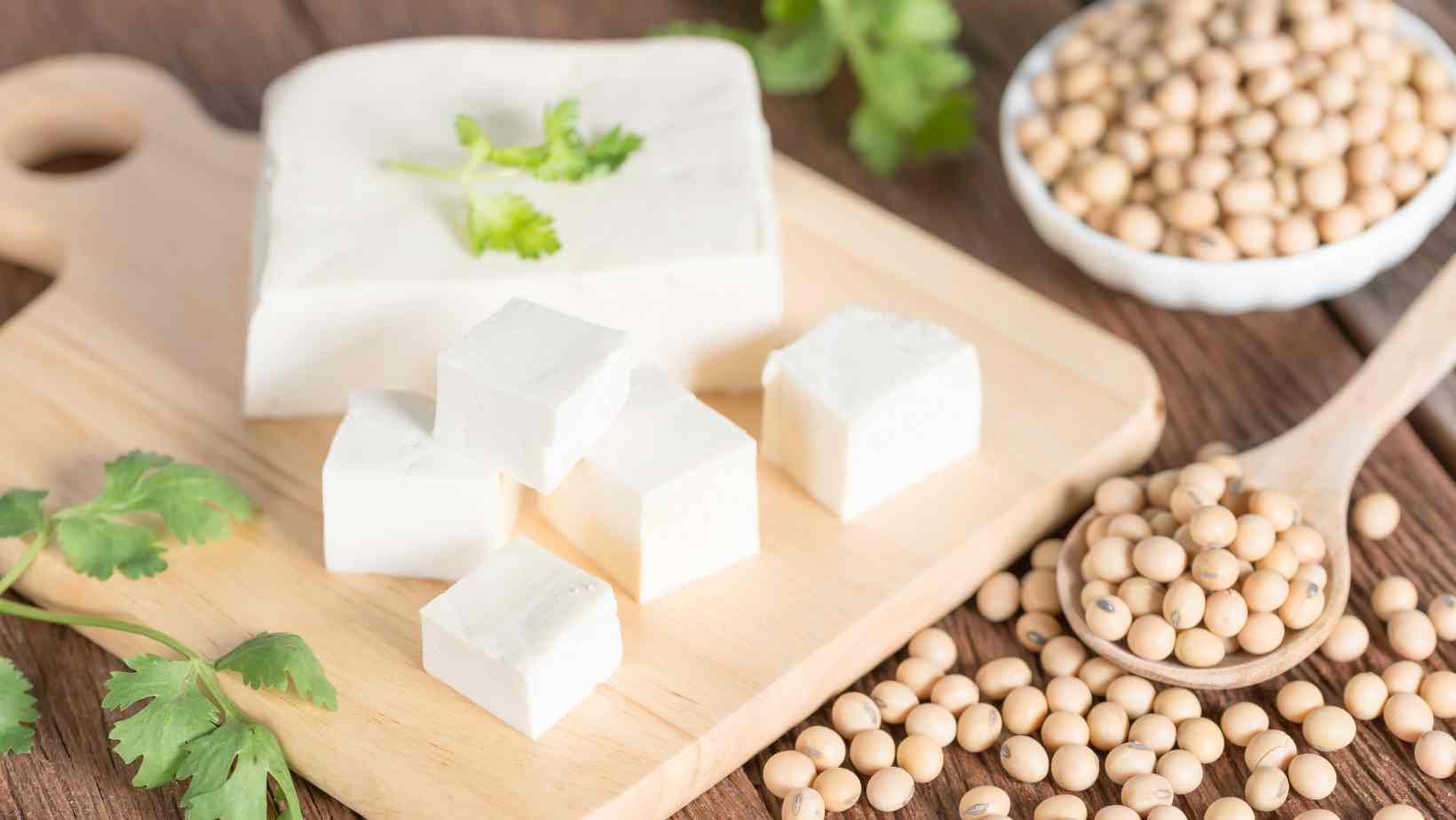Omega-6 fatty acids are crucial for a heart's health. Many foods, notably vegetable oils, seeds, and nuts, contain these heart-healthy fats. Because our bodies cannot produce omega-6 fatty acids, we must get them via our food. — However, the majority of us have more than enough.
Researchers have questioned if there is such a thing as too much omega-6. Our bodies convert linolenic acid (LA), the most prevalent type of omega-6, into a molecule that promotes inflammation and blood vessel constriction, according to research.

However, the current study suggests that this impact is minor and that it is more likely linked to a diet deficient in omega-3s, the other category of necessary fatty acids found in foods like fish. The majority of people consume 14 to 25 times more omega-6 fatty acids than omega-3 fatty acids.
That doesn't imply you should avoid omega-6s entirely, but properly balancing them with omega-3s provides the most health advantages.
Omega-6 Fatty Acids: Why Do You Need Them?
Omega-6 fatty acids help the body's cells work properly. While supplements are available, most of us receive more than enough through our meals. Omega-6 fats should account for 5-10% of your daily calories, or 11-22 grams on average, according to experts.
Omega-6 fatty acids provide a number of health advantages, including:
Support for the Heart
Higher linoleic acid consumption — the most prevalent omega-6 — has been linked to a lower risk of heart attacks and other heart disorders in studies. Omega-6s may decrease cholesterol, keeping your blood arteries clean of build-up that may cause clogs and cardiac issues, according to some studies.
Healthy Cells
Omega-6 fatty acids are required for the maintenance of healthy cell structures and functions. They work in tandem with omega-3s to maintain healthy cells and prevent cell damage that may lead to health issues or chronic illness.
Anti-Inflammatory Properties Possibilities
Our bodies transform linoleic acid into gamma-linoleic acid (GLA), a molecule that may help reduce inflammation, according to research. While inflammation is a normal biological reaction, it may eventually lead to chronic inflammatory disorders such as arthritis.
Scientists are still looking at this impact and how it may be used to treat inflammation. Any relationship, however, is contingent on a well-balanced diet. Our systems need certain minerals, such as magnesium and zinc, as well as vitamins C, B3, and B6, to convert omega-6s into anti-inflammatory forms.
Omega-6-Rich Foods
Most processed meals manufactured with vegetable oils, such as packaged snacks, frozen pizza, and fast food, contain omega-6 fatty acids. For many of us, the presence of these items in our diet adds to omega-6 and omega-3 imbalances.
Saturated and trans fats are often found in processed meals. While omega-6 fatty acids are necessary for optimum health, the source matters. Reduce your consumption of processed foods and replace them with these more healthy omega-6-rich options:
Jump to:
1. Safflower Oil
With 12.7 grams of omega-6s per tablespoon, safflower oil is typical cooking oil. It also includes omega-9 fatty acids, such as oleic acid, which may help maintain healthy blood sugar levels while also acting as an anti-inflammatory.
2. Walnuts
Walnuts are a good source of omega-6s, with 10.8 grams per ounce (about 14 halves). They also include omega-3 fatty acids, which help you maintain a healthy fatty acid balance in your diet.

3. Sunflower Seeds
Sunflower seeds are high in a variety of minerals, including vitamin E and magnesium, as well as protein. They contain 9.3 grams of omega-6 fatty acids per ounce. Mix in some flaxseeds or chia seeds with your cereal, salad, or pasta to add omega-3s to your diet.
4. Canola Oil
Canola oil is a more complete supply of essential fatty acids than other vegetable oils like grapeseed, sunflower, and soybean, which contain higher omega-6. You receive 0.13 grams of omega-3s per tablespoon, in addition to 2.66 grams of omega-6. Most other cooking oils may be substituted with canola oil.
5. Tofu
Each half-cup piece of tofu contains 3 grams of omega-6s. Tofu is a wonderful meat substitute for vegans and vegetarians since it's strong in protein. However, since fish is the finest source of some crucial omega-3s, vegetarians should make sure they receive enough to keep their fatty acid balance in check.

6. Eggs
One large egg contains roughly 1.8 grams of omega-6 fatty acids, however, they are concentrated in the yolk rather than the whites. Despite the fact that the yolk is heavy in cholesterol, studies suggest that it has no influence on blood cholesterol levels. Unless your doctor advises otherwise, one egg a day may provide a good supply of protein as well as vital elements such as fatty acids, vitamins, and minerals.
7. Mayonnaise
Because mayonnaise is heavy in saturated fat, keep your servings in check. A tablespoon, on the other hand, contains 5.4 grams of omega-6 and some omega-3. To assist satisfy your day's fatty acid needs, combine it with canned tuna, which is a good source of omega-3s.

8. Almonds
Almonds, for example, are heart-healthy due to their fatty acid concentration. They contain 3.7 grams of omega-6 fatty acids per ounce, which is around 24 almonds. However, nuts contain a lot of calories per serving, so eat in moderation to prevent gaining weight.




